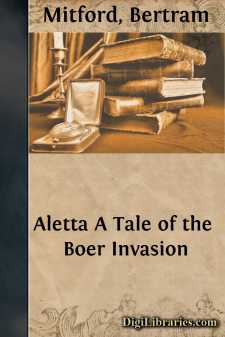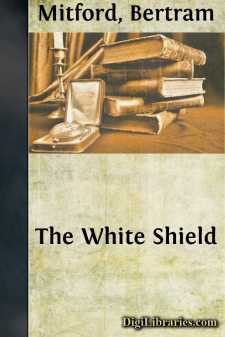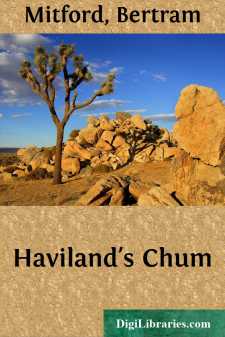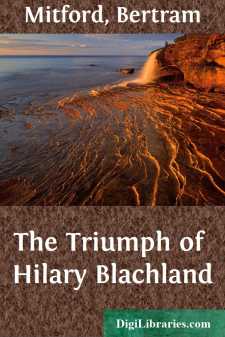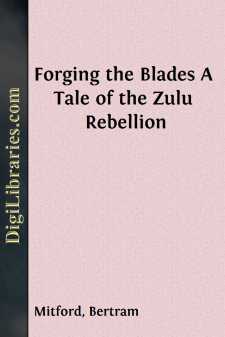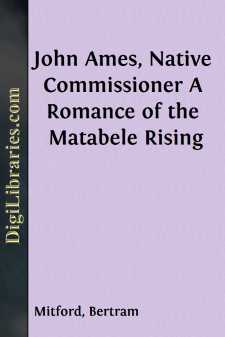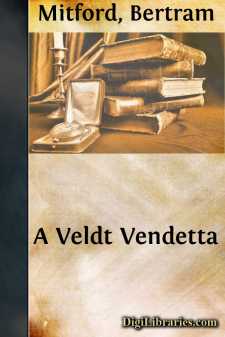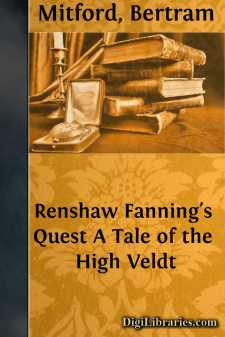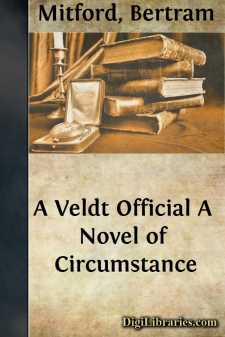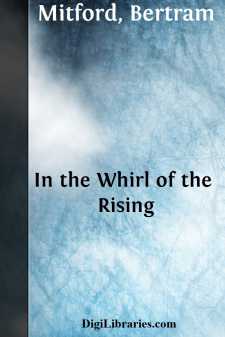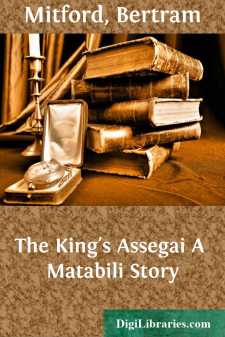Categories
- Antiques & Collectibles 13
- Architecture 36
- Art 48
- Bibles 22
- Biography & Autobiography 813
- Body, Mind & Spirit 142
- Business & Economics 28
- Children's Books 17
- Children's Fiction 14
- Computers 4
- Cooking 94
- Crafts & Hobbies 4
- Drama 346
- Education 46
- Family & Relationships 57
- Fiction 11829
- Games 19
- Gardening 17
- Health & Fitness 34
- History 1377
- House & Home 1
- Humor 147
- Juvenile Fiction 1873
- Juvenile Nonfiction 202
- Language Arts & Disciplines 88
- Law 16
- Literary Collections 686
- Literary Criticism 179
- Mathematics 13
- Medical 41
- Music 40
- Nature 179
- Non-Classifiable 1768
- Performing Arts 7
- Periodicals 1453
- Philosophy 64
- Photography 2
- Poetry 896
- Political Science 203
- Psychology 42
- Reference 154
- Religion 513
- Science 126
- Self-Help 84
- Social Science 81
- Sports & Recreation 34
- Study Aids 3
- Technology & Engineering 59
- Transportation 23
- Travel 463
- True Crime 29
Aletta A Tale of the Boer Invasion
by: Bertram Mitford
Description:
Excerpt
Chapter One.
Book I—The Transvaal Emissary.
The delegate from Pretoria was in full blast.
The long room was packed full—full of male Boers of all ages: that is to say, from those in earliest manhood to the white-bearded great-grandfathers of the community—Boers of every type, Boers hairy, Boers shaven, moleskin-clad and collarless Boers, and Boers got up with near approach to European neatness; Boers small, dark, and wiry, still, after generations, preserving the outward characteristics of their Huguenot and French ancestry; Boers tall, large-limbed, fair, of Saxon aspect and descent.
What sitting accommodation the room held was absorbed by the older of those present, for the patriarchal tradition is very strong among that old-world and conservative race. The residue stood in a closely packed mass, literally hanging on the words of the orator.
The latter was a tall, elderly man, all fire and energy both as to speech and words. His face, strong and bronzed and lined, was of the Roman type, and the brown of his short beard was just beginning to show threads of grey. Standing there in his suit of black broadcloth, his sinewy figure seemed hardly in keeping with such attire. It seemed to demand the easier and more picturesque hunting costume of the veldt. Andries Erasmus Botma was his name, and he ranked among his fellow-countrymen as a “Patriot,” second to none as deserving their closest attention and deepest veneration.
On the table before him stood two lighted candles, throwing out the lines of his strong, rugged countenance, and between them a ponderous Dutch Bible, upon the closed cover of which one great hand constantly rested. On one side of him sat “Mynheer,” as the local predikant, or minister, is commonly known among his flock; on the other Jan Marthinus Grobbelaar—or Swaart Jan, as he was popularly termed—the owner of the farm on which the gathering was taking place. The minister was a puffy, consequential-looking man, with long, shaven upper lip and a light beard cut after the pattern of that worn by the world-famed President, a white tie, reaching nearly from shoulder to shoulder, standing aggressively forth from the clerical black. The farmer was a wizened individual, with a pronounced stoop, and, at first sight, of retiring temperament; but a long nose and deep-set eyes, together with two teeth projecting tusk-like from each corner of the mouth out upon a lank, grizzled beard, imparted to him an utterly knowing and foxy aspect, in keeping with the reputation “Swaart Jan” actually held among his kinsfolk and acquaintance.
The delegate from Pretoria was in full blast. The meeting, which had opened with long prayer by the predikant and a long speech of introduction and welcome from Swaart Jan Grobbelaar, was now just beginning to become of intense interest—to the meeting itself. Beginning far back, with the insurrection under Adrian van Jaarsveldt and the capitulation of the Cape by General Janssens, the orator had hitherto been rather academical....


